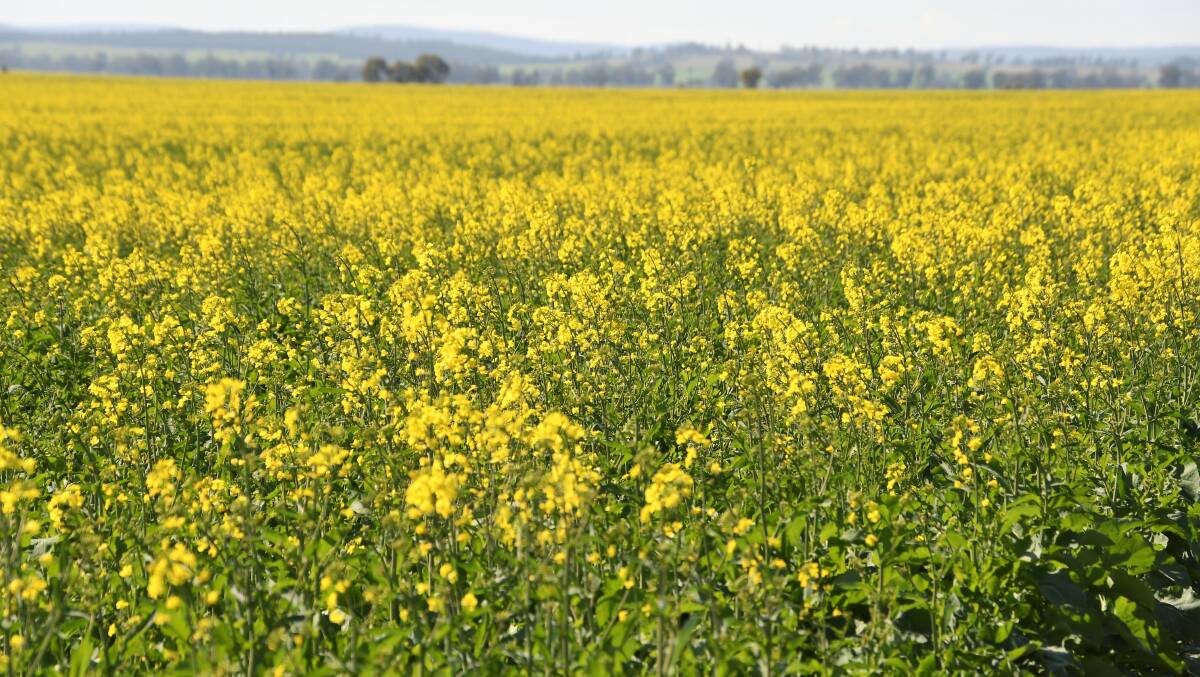
THE AUSTRALIAN Bureau of Agricultural and Resource Economics and Sciences has made a big step up in its forecast winter crop production in its latest crop report.
Subscribe now for unlimited access.
$0/
(min cost $0)
or signup to continue reading
In its September crop report, ABARES has forecast winter crop production of 54.8 million tonnes.
This figure is up 17 per cent on its June estimate and, if realised, would represent the second large grain production year on record, after last year.
Leading the charge is a record canola crop.
ABARES predicts canola production will increase by 11pc to a record high of over 5 million tonnes.
Planted area is the major drive of the increase, up 24pc, primarily in the two largest grain producing states, NSW and WA, as growers responded to the record high prices and excellent planting season conditions.
The total winter crop is down 2pc on last year's record production.
ABARES said June and July had been excellent for crops, but added that growing conditions had not been as good through August in many regions, with northern and central NSW notable exceptions.
ABARES nominated central Queensland, Mallee regions and parts of WA as areas where early spring rainfall was needed, although it said for the most part WA crops are expected to achieve significantly above average yields, even if spring rainfall is below median.
According to the latest three-month rainfall outlook (September to November), issued by the Bureau of Meteorology on 2 September 2021, spring rainfall is very likely to exceed median, in the eastern states and South Australia.
Spring rainfall is less likely to exceed median in most cropping regions in Western Australia outside of the Esperance zone.
Forecast yields are more than 20pc above 10-year averages to 2020-21 in New South Wales, Western Australia and Queensland and around 10pc higher in Victoria and South Australia.


